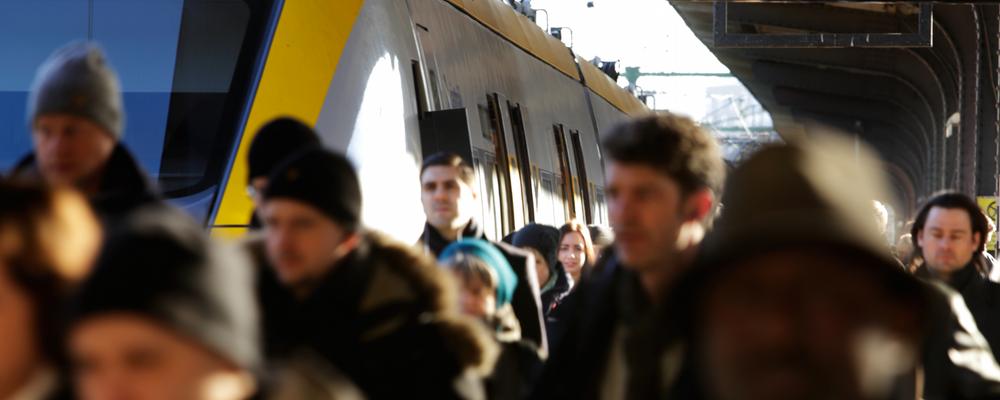
Mobility research group
As geographers, we study the interaction between people, places, and their environment. Our research focuses on human spatial interaction and mobility in various forms – physical transportation, virtual contacts, and media-related communication – and at various scales in time and space.
Daily trips, long-distance travel, tourism, migration, Internet-based communication, and use of mobile phones and media are all significant features of current social life and urban and regional change. The rapid development of space-transcending technologies has had far-reaching effects on people’s use of time and place; increased opportunities and access, extended social networks, and extended everyday activity patterns being major indicators of this. However, mobility dependencies and divides, urban sprawl, natural resource depletion, and environmental problems challenge future development in more sustainable directions.
In current research, we pay attention to several issues: gendered mobility and traffic planning; how the concept of accessibility could be understood, developed and measured including aspects of social and environmental sustainability; the changing relations between the urban form and travel; mobility strategies beyond the use of private cars; how telework and digital media affect the everyday life, mobility and activity patterns of households; and the long-term changes of mobility in rural areas in the global south. We conduct theory-informed empirical research often inspired by time-geography and activity-based thinking. We combine different methods, including GIS, and sources of data, qualitative as well as quantitative.
The Mobility research group unites the efforts of senior researchers, PhD students, and visiting researchers at the Department. Professor Eva Thulin is the coordinator of the group.
EXTERNAL COLLABORATIONS WITHIN RESEARCH
- ICT: Mobilizing Persons, Places and Spaces. The international network on Information and Communication Technologies, Everyday Life and Urban Change
- IGU, Commission on the Geography of Information Society
- IATUR, International Association for Time Use Research
- TÖI, Transportökonomisk Institutt: Reisevaner og mobilitet
- Cosmobilities Network, connects European scientists working in the field of mobility research
- COST Action TU1002 Accessibility instruments for planning practice in Europe.
- Transport Studies Unit, School of Geography and the Environment, University of Oxford, England
- K2, The National Knowledge Centre for Public Transport
- SAMOT, The Service and Market Oriented Transport Research Group, Karlstad University
- CASE, Centre for Ageing and Supportive Environments, Lund University
- VTI, The Swedish National Road and Transport Research Institute, Linköping
- Swedish ICT Viktoria Institute
- TECAL, Transport Efficiency and Customer Adapted Logistics, Sustainable Transport Initiative, Chalmers
- TEVS Research GroupTechnology and Social Change, Linköping University
External collaborations with society
- Trafikanalys
- Statistiska Centralbyrån, Befolkning och Välfärd
- Kollektivtrafiksekretariatet, Västra Götalandsregionen
- Trafikkontoret, Göteborgs Stad
Funding agencies
- Formas
- Vetenskapsrådet
- Vinnova
- Adlerbert Research Foundation
- Marianne and Marcus Wallenberg Foundation
- Stiftelsen för ekonomisk forskning i Västsverige
- The Swedish Energy Agency



